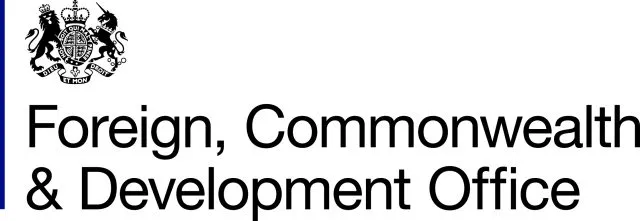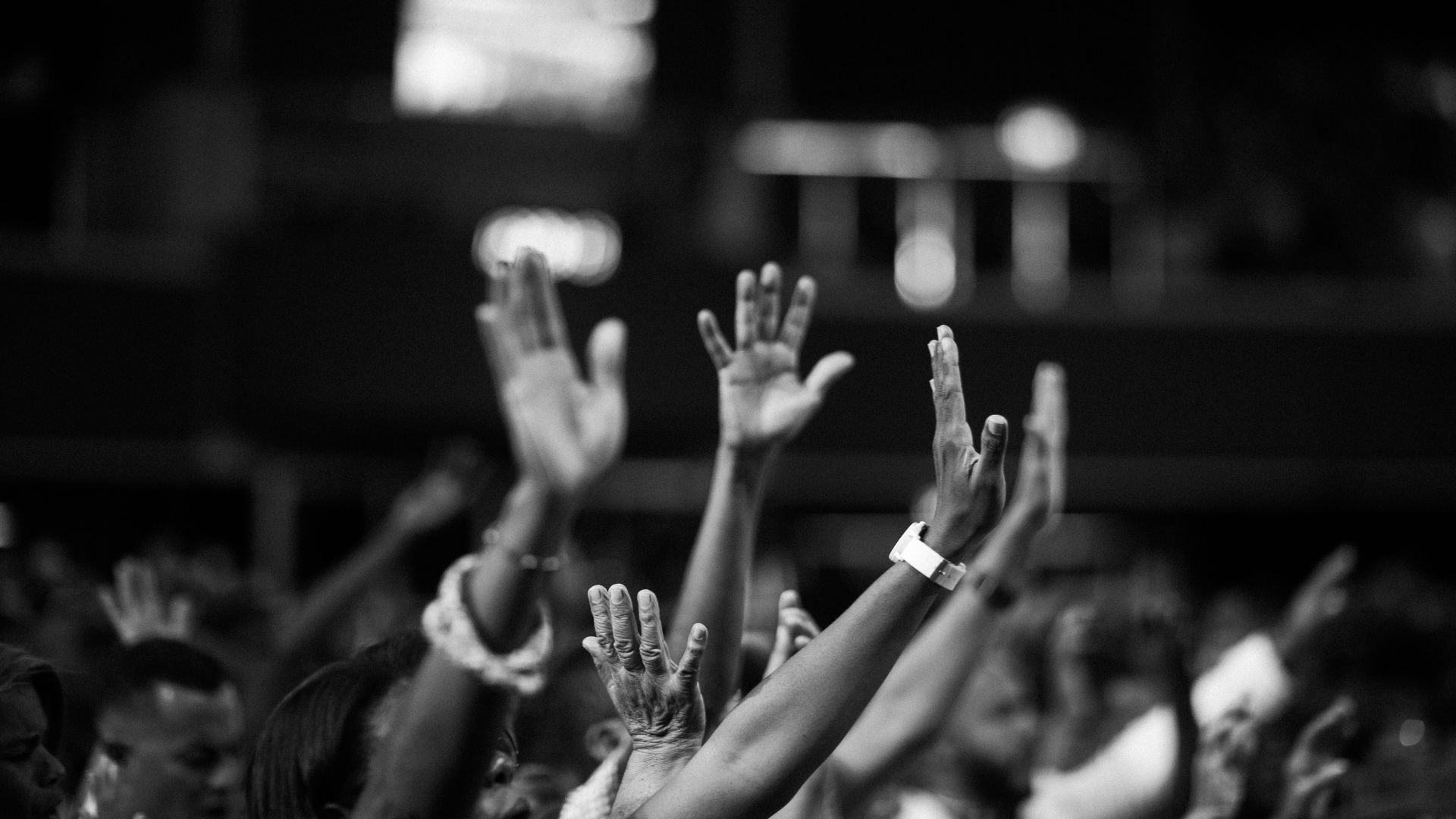The way forward
- There is clear support for an ongoing forum like the Summit for Democracy but with flexibility on its exact format and frequency. In broad terms, the key elements include a leader-level discussion that enables collaboration among democratic actors, learning about effective responses to challenges, and support for initiatives to address those challenges. Activity between leaders’ discussions is also critical and needs to be well organised and resourced. This could require establishment of a secretariat.
Converting rhetoric to action
- While the S4D process generated commitments and catalysed some actions, there will always be limits. A continuing process will be justified if it generates concrete responses to the challenges to democratic renewal.
- With more time between gatherings, there is more opportunity to use this period for action. More time between events may enable even more work to build in democracy culture and engage domestically with civil society and other stakeholders.
- This focus on action must be accompanied by clear accountability mechanisms, so progress and commitments can be tracked, whilst avoiding the process being bogged down in bureaucracy.
An engaging and inspiring moment
- One variant of the S4D model could be a “COP for Democracy”. A “jamboree model” of S4D has potential benefits, including a more wide-ranging agenda and interventions combined with a clear objective. This could chime with the inherent nature of democratic development which requires innovations and cannot be imposed top-down. New, inclusive, and participatory methods could be part of this new model, such as a world consultation or petitions process.
- This approach could help both in identifying challenges and getting positive stories that would help illustrate democratic values and the value of democracy. Stories from relatively recent democracies such as the Republic of Korea or Spain, with the cultural vibrancy that followed democratisation, are examples of this.
- Freedom needs cultural messengers as well as institutions, and activists, influencers, and artists that can inspire hope and inspiration.
Open a broad tent
- In terms of participation in meetings following S4D3, there are merits to a broad tent approach, both in terms of which countries host and participate, and which actors are in the room. A co-hosting model could help signal that democracy is a universal value, with Global South democracies playing a central role. This would provide more opportunities for dialogue and cooperation as well as possible alignment on clarity of purpose and practice. Inviting states who may even be considered to be backsliding or insecure democracies may help to prevent unanticipated resistance and could be achieved by taking a voluntary sign-up to any new commitments.
- Civil society must take part in multilateral events focused on democracy. Civil society is well placed to set the agenda at international forums. It would be optimal to have high-level government officials present and listening to rather than setting the agenda.
- The Platform for Engagement of Civil Society (PEC), initiated by S4D3 hosts the Republic of Korea and co-led by International IDEA, the OECD, the Open Government Partnership (OGP), and Community of Democracies (CoD), is a welcome development. Along with co-hosting countries, a civil society co-chair could be considered.
- Democracies need a variety of institutions and actors to maintain them. The S4D could be strengthened if, for example, judges, parliamentarians, and local leaders are at the table.
- Finally, young people must be involved in any discussion or dialogue about the future of democracy.
Using existing fora and principles
- We do not need to reinvent the wheel. There are also opportunities to maximise existing institutions and networks to achieve S4D objectives. The UN, for example, will soon negotiate the Pact for the Future at the Summit for the Future. A democracy support agenda and the principles of Sustainable Development Goal (SDG) 16 could be pushed further during the Summit for the Future. However, there is some scepticism about the impact of statements at the UN and a view that the UN is increasingly politicised.
- Side events, for example, at the UN General Assembly – where world leaders are already gathered – could provide the space for a convening around democracy that involves both governments and other stakeholders.
- Posssible models for the evolution of the S4D include:
- Increasingly assertive authoritarian actors that are closing civic space and using technology to crush dissent.
- An increase in the popularity and number of populist movements across the world, with more and more people turning to nondemocratic alternatives.
- Demoralisation, disengagement, and growing cynicism among citizens who are not confident that engaging in the democratic process will lead to tangible changes in their circumstances – and declining public trust in institutions.
- A growing tendency towards polarisation in societies on the basis of identity-based politics which is then used to justify repression of rights.
- Existing architecture and fora could also take on the evolution of S4D. An infographic outlining some of the existing organisations that focus on democracy and have state participants is included as an annex to this document.
- The OECD Global Forum is an additional existing entity that could incorporate discussions to follow S4D.
- The Community of Democracies will celebrate its 25th anniversary in 2025, with plans to mark the occasion with a ministerial meeting. This presents an opportunity for coordination on democracy.
- The S4D process must take care to avoid duplication – some matters are best covered by existing mechanisms such as Open Government Partnership (OGP) commitments[1] and the UN Human Rights Council’s Universal Periodic Review process[2]
- Moreover, sets of shared principles on democracy already exist, including:
Practicalities
- Several practicalities are essential to the S4D, principally:
- Funding – a summit process needs sustainable funding. In addition, if civil society participation is to be taken seriously, organisations and individuals need support in order to be able to participate.
- Coordination – a secretariat is likely needed to take the S4D forward, act as a coordination mechanism, help with the task of organising the event, and facilitate summit ‘handover’. This could be an existing organisation or group of organisations, with states co-hosting the event
Stephanie Le Lievre and Alex Scales
Wilton Park | February 2024
[1] Mission – Halifax (halifaxtheforum.org)
[2] Missions and values – Paris Peace Forum
[3] Commitment (opengovpartnership.org)
[4] Universal Periodic Review | OHCHR
[5] See Principles of the Warsaw Declaration: Poster Exhibition – CoD (community-democracies.org)
[6] Goal 16: Peace, justice, and strong institutions – The Global Goals
In partnership with


-
Notes
Wilton Park reports are brief summaries of the main points and conclusions of a
conference. The reports reflect rapporteurs’ personal interpretations of the proceedings.
As such they do not constitute any institutional policy of Wilton Park nor do they
necessarily represent the views of the rapporteur. Wilton Park reports and any
recommendations contained therein are for participants and are not a statement of policy
for Wilton Park, the Foreign, Commonwealth and Development Office (FCDO) or His
Majesty’s Government nor any participating governments.
Should you wish to read other Wilton Park reports, or participate in upcoming Wilton Park
events, you can find out more here.
To receive our monthly bulletin and latest updates, please subscribe here.
